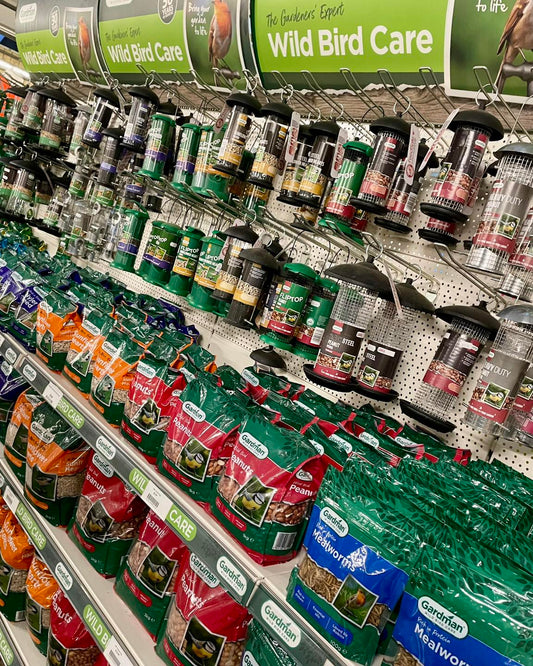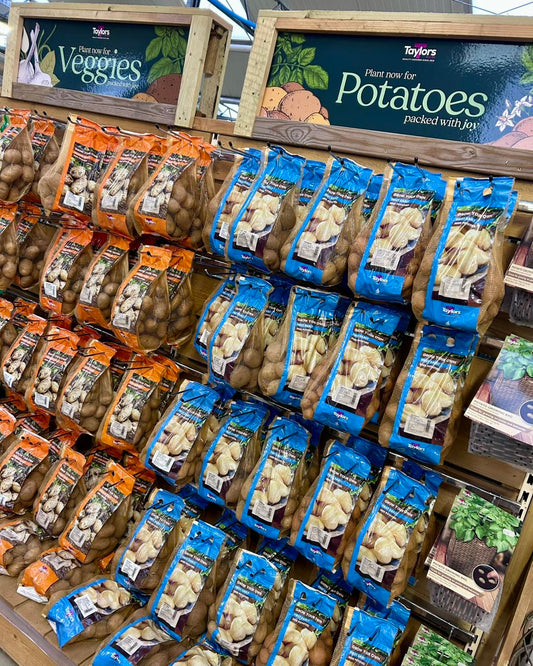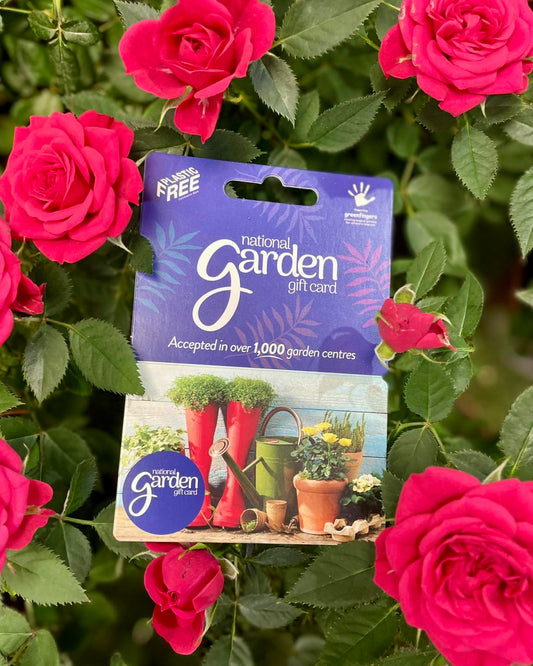Composting is one of the best things you can do for your garden - and the planet. By recycling kitchen and garden waste into rich, nutrient-packed compost, you can reduce landfill waste, save money, and create a healthier garden ecosystem. Here’s why composting is an essential part of sustainable gardening:
What Is Composting?
Composting is the natural process of breaking down organic matter like fruit and vegetable peelings, garden clippings, leaves, and paper. The result is a dark, crumbly, nutrient-rich material that can be added to soil to improve its structure and fertility.
Why Composting Is Good for the Planet
1. Reducing Waste
Around a third of household waste can be composted. By composting at home, you’re keeping this waste out of landfill, where it would otherwise break down and produce harmful methane gas, a significant contributor to climate change.
2. Helping Plants and Soil
Compost improves the quality of your garden soil by adding vital nutrients, enhancing its ability to retain water, and creating a thriving environment for beneficial organisms like worms and microfauna.
3. Conserving Resources
Composting reduces the need for artificial fertilisers, making your garden more self-sufficient. It also encourages a natural cycle where garden waste is reused to support new growth, creating a more sustainable garden.
Getting Started with Composting
- Choose a compost bin or heap that suits your space and garden.
- Add a mix of ‘green’ materials (fruit and vegetable waste, grass clippings) and ‘brown’ materials (dry leaves, paper, cardboard).
- Turn the compost periodically to aerate it and help it break down more efficiently.
- Be patient - good compost can take a few months to a year to mature, but it’s worth the wait.
The Bigger Picture: Sustainability and You
Composting is one of the simplest ways to reduce your environmental impact. By diverting waste from landfill, nurturing soil health, and supporting biodiversity, you’re making a valuable contribution to a more sustainable future.
 Location
Location Mon-Sat: 9am-5pm | Sun: 10am - 4pm
Mon-Sat: 9am-5pm | Sun: 10am - 4pm








